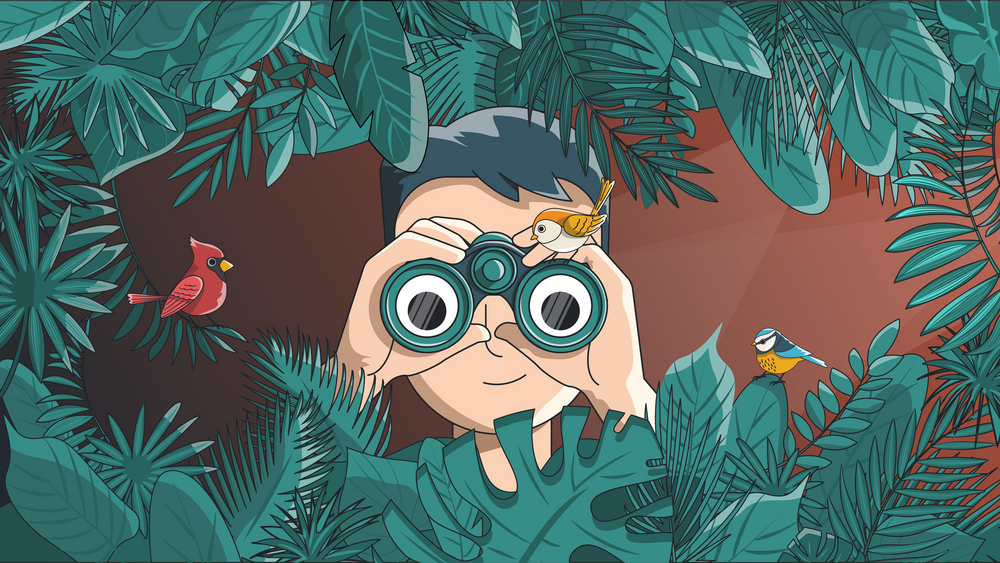Wil Schroter

What if we had a passion that consumed us more than our startup?
Being a Founder means thinking about your startup constantly. It’s not just work—it’s identity. And over time, it quietly starts to absorb more and more of our energy, attention, and sense of self.
For most people with “normal” jobs, the solution to burnout is taking a break—a vacation, a long weekend, a few nights offline. That works because their jobs stop when they walk away. But for Founders, our jobs never really stop. Our minds don’t clock out at 5pm. Even when we’re technically away, our brains keep running the simulation—funding, hiring, product, growth.
We can’t pretend like we can just flip the switch and shut it off. But what we can do is create a counterforce—something equally consuming, equally engaging—that gives our minds a different outlet. That’s not balance in the traditional sense. It’s resistance training. It’s how we stay intact.
Why "Just Relaxing" is Useless
For most people, the answer to work stress is to relax, unplug. If that works for you, that's wonderful. To say that it doesn't work for me would be a massive understatement - I hate sitting on a beach, it makes me 100x more anxious about work.
For some of us, particularly Founders, we fail time and time again at trying to find alternatives to help prevent our startups from consuming us because we think the prescription is to alleviate our startup stress in ways that don't actually work.
What we're missing is the fact that our minds don't want a break, but they do need a healthier place to put that energy. Instead of thinking in terms of relaxing, we should be thinking in terms of "redirecting" into something that can completely consume us in a healthy way.
It Has to Be Big Enough to Matter
We don’t need hobbies. We need something so immersive, so consuming, that it fights back against the gravitational pull of our startup.
For me, that was deciding to design and build an entire house from scratch. Not hire people. Me. I challenged myself to build a giant, modern house from concept to implementation. I learned 3D modeling to design everything down to number of cups that would fit in a cupboard. I learned carpentry to build every single kitchen cabinet, closet and vanity with my bare hands. I framed walls, I ran electrical. And the thing is—it wasn’t relaxing. It was hard. It was frustrating. It was overwhelming. But that’s exactly what made it work.
What I found was that all of the anxious, bullshit cycles that I would normally spend worrying about something at my startup were largely replaced by productive, fulfilling cycles that challenged me in the same way my startup did. I didn't check my phone at the table saw, or worry about churn while I was chiseling mortises - I just focused on the work, and it was so goddamned satisfying.
That’s the secret. It’s not necessarily about having a fun distraction. It’s about creating a second love. A project or pursuit that demands real commitment. Because only something big and challenging can give your startup a run for its money.
The ROI of Redirected Obsession
Before I had my house project, 3AM was startup hell. That was when every unsolvable problem showed up to party. The cash runway. The product bugs. The team dynamics I couldn’t fix. I’d lay there, night after night, mind spinning.
And here’s the honest truth: I’ve never solved a single problem at 3AM by worrying about it. Not once. But I’ve definitely lost countless hours of sleep, and paid for them with foggy, useless days where I was no good to anyone.
When I started building, that shifted. I still woke up at 3AM—but now I was thinking about how to join two pieces of walnut into a floating vanity without showing fasteners. Same obsessive wiring, different target. And for once, those 3AM thoughts actually led to something tangible.
Engagement is the New Relaxation
It turns out our brains don’t want rest—they want engagement. They want to chase problems and solve them. So if we don’t give ourselves a worthy problem outside of work, our minds will stay on the startup loop forever. And that’s where burnout breeds.
One of the other surprises? The joy of actually finishing something. In startups, very little feels “done.” Every project bleeds into the next. There’s always another milestone, another fire drill. But with woodworking—or any hands-on craft—you start something, you work through it, and eventually… it’s finished. Done. Real. You can touch it.
That feeling of completion is addictive. And it’s something we rarely get in our startup lives.
In Case You Missed It
The Emotional Cost of Being a Founder When we talk about building startups, we talk about lots of costs: Staffing costs, the cost of capital, cost per acquisition, and opportunity cost. But we never talk about the biggest cost — the emotional cost.
Can I Design My Startup Around My Life? (podcast) By carefully planning, testing things out, and being open to adjustments, you can create a startup that fits seamlessly into your personal life instead of consuming it. It's all about finding that sweet spot where work and life complement each other.
Why Do I Feel So Alone? No one ever tells you in the “Starting a Company” brochure that the journey will not only include crippling anxiety, drowning in personal debt, and endless challenges — but also a healthy dose of personal loneliness.
Find this article helpful?
This is just a small sample! Register to unlock our in-depth courses, hundreds of video courses, and a library of playbooks and articles to grow your startup fast. Let us Let us show you!
Submission confirms agreement to our Terms of Service and Privacy Policy.
Already a member? Login
No comments yet.
Start a Membership to join the discussion.
Already a member? Login
